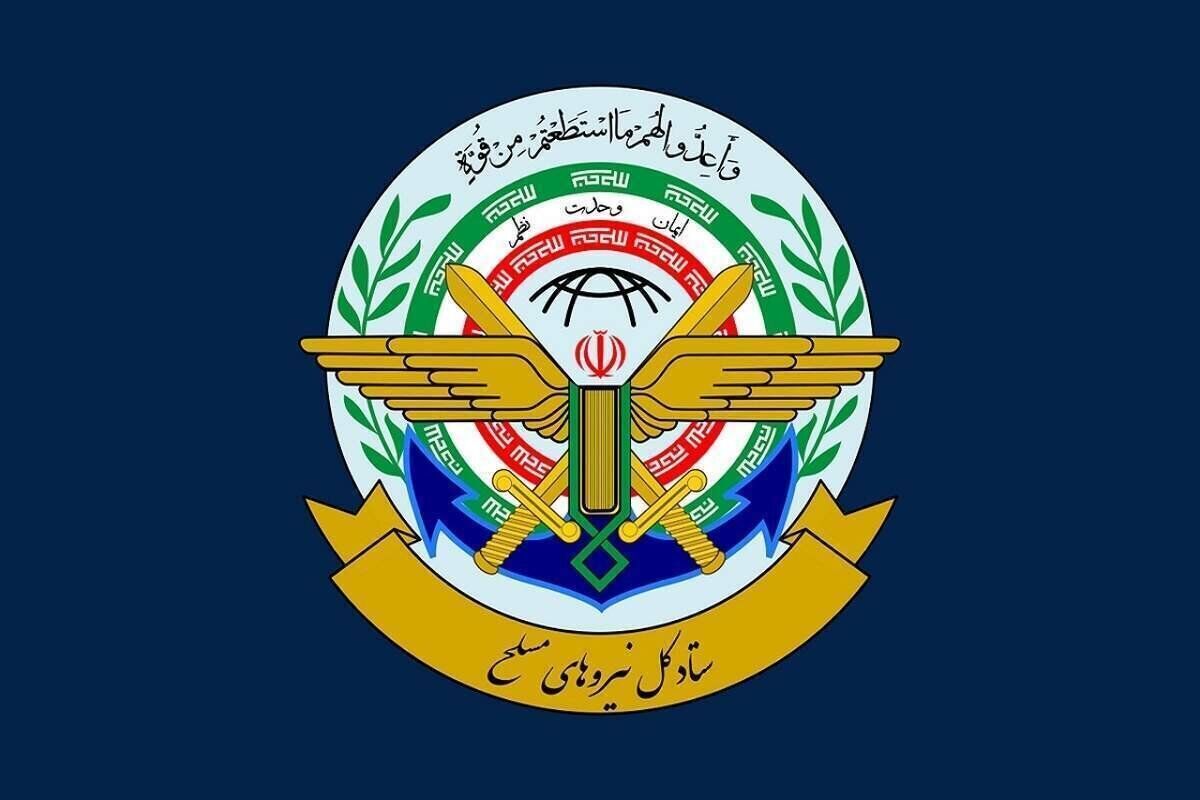
Similar Posts
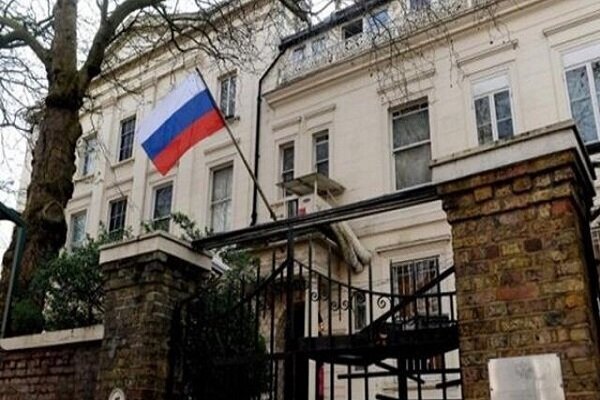
Zarif’s Bold Statements Ignite Debate: Russian Embassy Responds to Unfolding Realities
Iran’s foreign relations are primarily guided by the principles of “national interests and security,” emphasizing independence and a balanced policy. Its strategic position in the “Heartland” attracts major powers like the U.S., Britain, and Russia, leading to complex dynamics marked by both cooperation and competition. Recent comments from former Iranian Foreign Minister Mohammad Javad Zarif have sparked tensions, particularly with Russia, highlighting sensitivities in diplomatic relations. Despite historical challenges, Iran and Russia now enjoy closer cooperation, underscored by a strategic agreement. It is crucial for Russia to respect Iran’s sovereignty to maintain trust and foster positive bilateral relations.
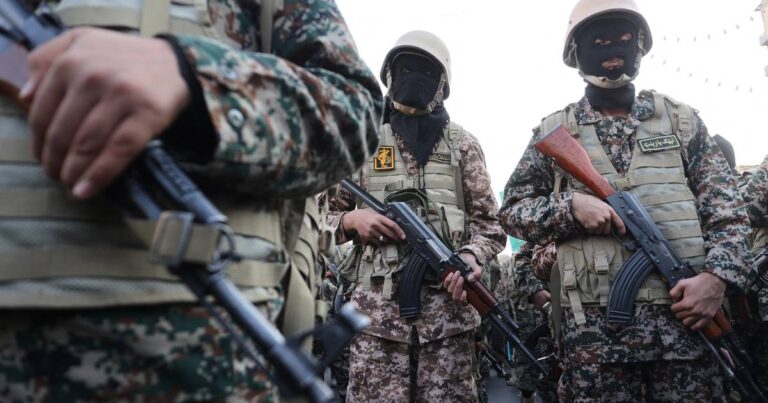
IRGC Uncovers and Arrests Members of ‘Spy Network’ Tied to Persian Gulf Nation
Authorities in Iran have arrested individuals connected to a spy network associated with a Persian Gulf country’s intelligence services, as announced by the Revolutionary Guards. The arrests took place in Khuzestan Province, where the suspects were reportedly gathering sensitive information from critical facilities. They have been transferred to judicial authorities for further investigation. The incident underscores ongoing security concerns and tensions in the region. Although the Islamic Revolutionary Guard Corps frequently claims to dismantle spy networks, skepticism remains due to a lack of substantial evidence. The case raises questions about transparency, due process, and the balance between national security and civil liberties.
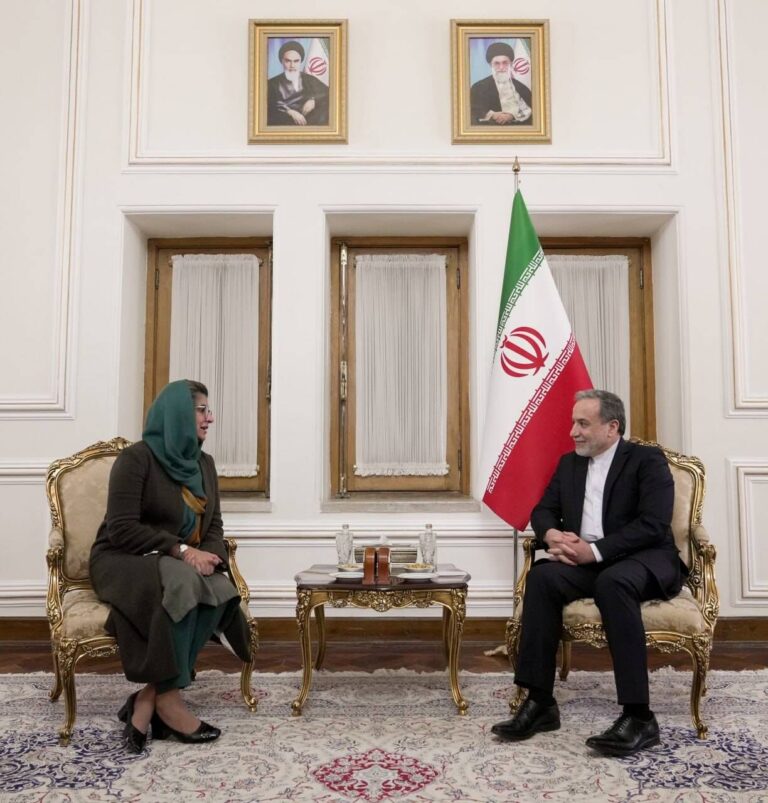
FM Araghchi Urges Strengthening Iran-Pakistan Ties for Mutual Prosperity
In a recent meeting in Tehran, Iranian Foreign Minister Abbas Araghchi emphasized the importance of strengthening Iran-Pakistan relations to leverage opportunities and protect mutual interests. This discussion took place during the ECO Deputy Foreign Ministers’ first High-Level Committee meeting. Araghchi highlighted President Masoud Pezeshkian’s commitment to enhancing relations and noted Pakistan’s unique role in Iran’s foreign policy. The dialogue also focused on increasing cooperation to address common issues like border security, drug trafficking, and illegal migration, while also touching on regional developments in Afghanistan, Gaza, Syria, and Lebanon, stressing the need for collaborative efforts.
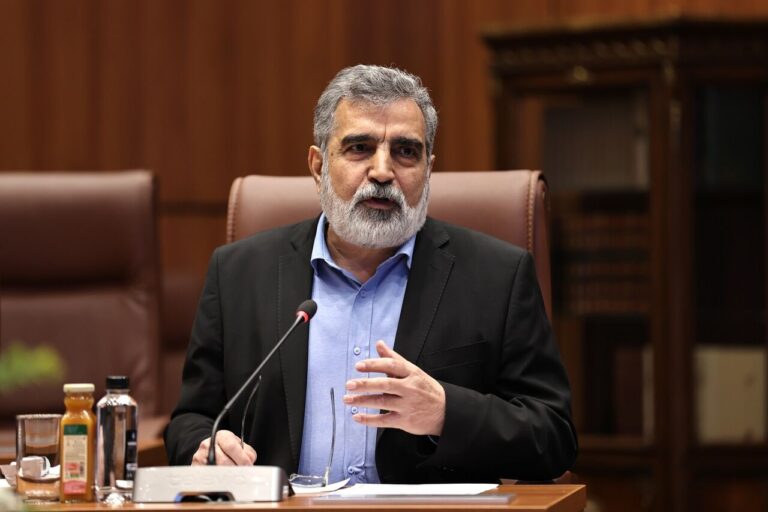
Beyond Iran: Other Nations Enriching Uranium Without Nuclear Weapons, Says Official
An Iranian nuclear official recently challenged the notion that uranium enrichment is exclusive to countries with nuclear weapons programs. Behrouz Kamalvandi, from Iran’s Atomic Energy Organization, countered U.S. Secretary of State Marco Rubio’s comments, asserting that many nations, including Belgium, the Netherlands, South Korea, Japan, Argentina, and Germany, enrich uranium without possessing nuclear arms. He urged U.S. officials to conduct better research on such topics, emphasizing the need for accurate information in international discussions. This statement underscores Iran’s effort to clarify misconceptions about its nuclear activities and promote a better understanding of global enrichment practices.
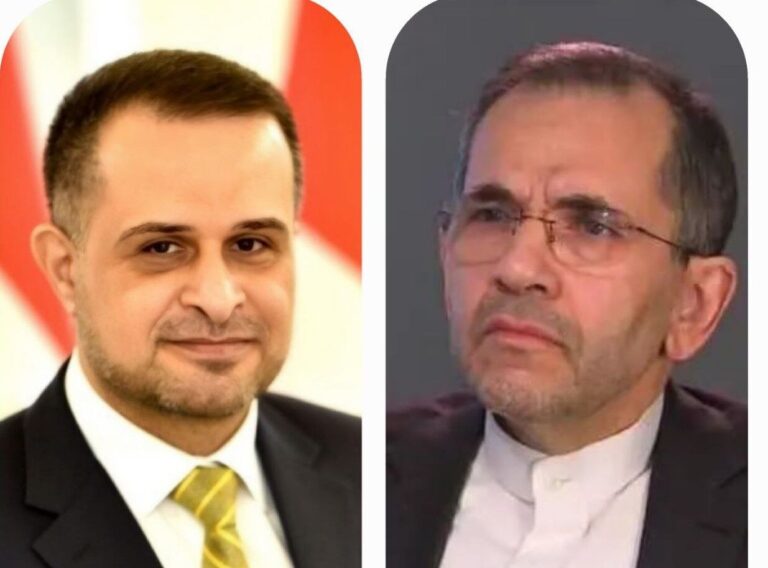
Iran Urges Rapid Execution of Key Bilateral Agreements with Iraq
During a recent meeting in Tehran, Iran’s Deputy Foreign Minister Majid Takht-e-Ravanchi stressed the importance of expediting agreements with Iraq, reflecting the strong commitment from both countries. The discussion, attended by Iraqi Prime Minister’s adviser Hazem al-Khalidi and an economic delegation for the Iran Expo 2025, focused on enhancing bilateral relations, particularly through projects like the Shalamcheh-Basra railway, which aims to improve transportation. Al-Khalidi updated on various joint initiatives in infrastructure and transportation, reaffirming Iraq’s dedication to expanding cooperation with Iran. The talks also covered broader regional and international issues affecting both nations.
